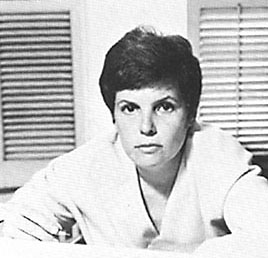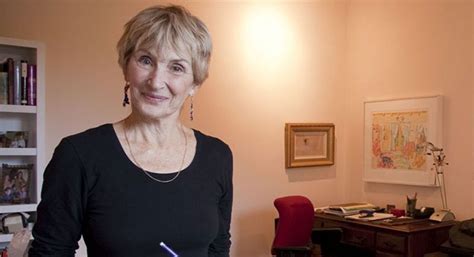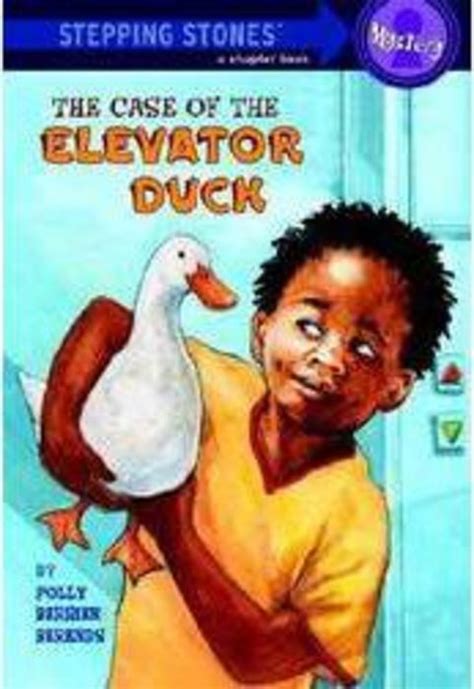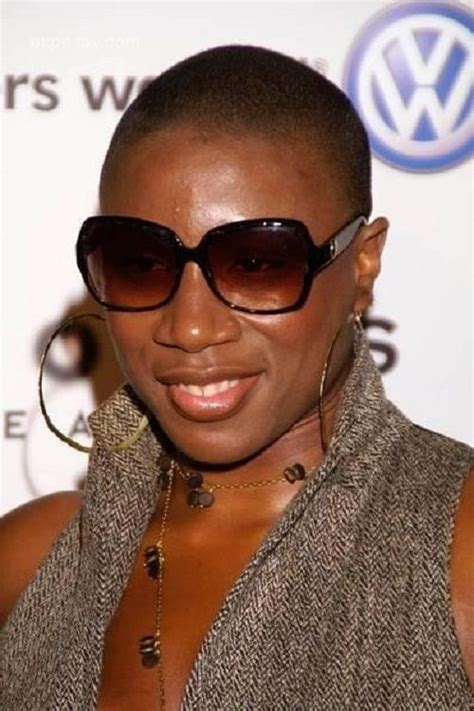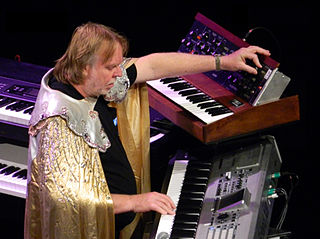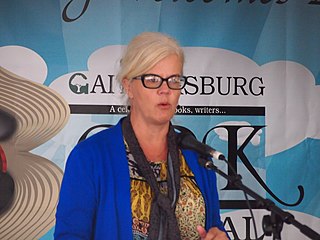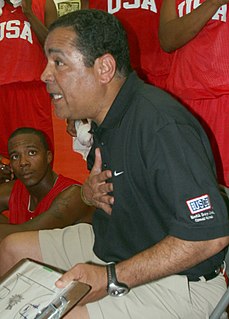A Quote by Louise Fitzhugh
Harriet never minded admitting she didn't know something. So what, she thought, I could always learn.
Related Quotes
I believe in Amy Winehouse. I know she’s not with us anymore but I believe she was who she was and in that way she got it right. I would say an actress like Lauren Bacall also got it right. She never let anyone persuade her to be something she wasn't. She was strong. She always looked like she knew what she was doing.
Never miss an opportunity to allow a child to do something she can and wants to on her own. Sometimes we're in too much of a rush--and she might spill something, or do it wrong. But whenever possible she needs to learn, error by error, lesson by lesson, to do better. And the more she is able to learn by herself the more she gets the message that she's a kid who can.
She smiled at him. “How did you know just what I’d want to see?” “How could I not?” he said. “When I think of you, and you are not there, I see you in my mind’s eye always with a book in your hand.” He looked away from her as he said it, but not before she caught the slight flush on his cheekbones. He was so pale, he could never hide even the least blush, she thought — and was surprised how affectionate the thought was.
He lifed his head and looked down at her seriously. "Could you," he began, then he had to clear his throat. "Could you learn to be fond of me?" he asked. "With enough time?" She looked at him in surprise. It was the first time in all their acquaintance that she'd heard him sound the least bit hesitant. "I don't need to learn anything," she said, before she thought better of it.
Now very much against her will, she thought of the way Jace had looked at her then, the blaze of faith in his eyes, his belief in her. He had always thought she was strong. He had showed it in everything he did, in every look and every touch. Simon had faith in her too, yet when he'd held her, it had been as if she were something fragile, something made of delicate glass. But Jace had held her with all the strength he had, never wondering if she could take it--he'd known she was as strong has he was.
She was beautiful, but not like those girls in the magazines. She was beautiful, for the way she thought. She was beautiful, for the sparkle in her eyes when she talked about something she loved. She was beautiful, for her ability to make other people smile, even if she was sad. No, she wasn't beautiful for something as temporary as her looks. She was beautiful, deep down to her soul. She is beautiful.
I've always thought - and I don't even know if I'd be right for the part - that Jean Seberg would make a great biopic. She was in Jean-Luc Godard's 'Breathless,' she played Joan of Arc. She had this eventful and traumatic adulthood, she thought the FBI was after her, and she became a darling of the French New Wave.
